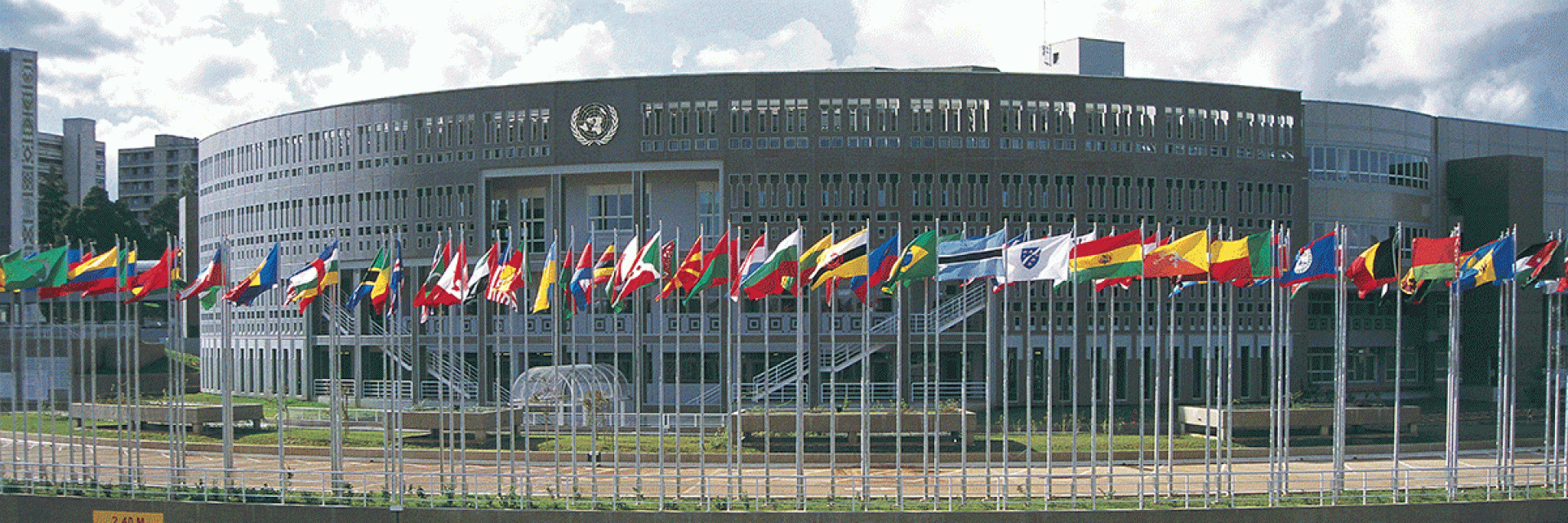Grand Bassam (Cote d'Ivoire), 22 February 2022 - The Government of Cote d'Ivoire, through the National Population Office (ONP), launched on Monday in Grand Bassam the regional workshop on the transformation of the traditional budget into a functional budget for a demographic dividend sensitive budgeting (DDSB) in six ECOWAS countries (Benin, Burkina Faso, Cote d'Ivoire, Niger, Senegal, Togo).
Initiated by the sub-regional office for West Africa of the United Nations Economic Commission for Africa (SRO-WA/ECA), in collaboration with the National Population Office (ONP) of Cote d’Ivoire and the Regional Center of Excellence for Research in Generational Economics (CREG), this meeting aims at transforming the traditional budget of Benin, Burkina Faso, Cote d'Ivoire, Niger, Senegal and Togo into a functional budget.
In specific terms, this workshop consists of training participants on the methodology for transforming the traditional budget into a functional budget and restructuring the traditional budgets into functional form according to the methodology of demographic budgeting.
In his speech at the opening ceremony, the Director-General of the ONP of Cote d'Ivoire, Mr. Moustapha Hinin, indicated that: "If our countries want to address the important challenges they face in terms of population and development, it is essential that normative tools be developed to provide the necessary evidence to key actors in the budget preparation process as well as to policy makers for more informed decision-making”.
"Demographic dividend budgeting is an essential tool for analysis and advocacy in favour of a budget policy that can more effectively guide sectoral credit allocations while taking into account development priorities," said Mr. Moustapha Hinin.
For his part, Bakary Dosso, Head of the Centre of Demographic Dynamics for Development at the ECA's Sub-Regional Office for West Africa, stated that: "The national budget is the main tool available to the State to intervene in the allocation of productive resources to achieve the objectives deemed economically and socially satisfactory in a country. Its evolution and composition have significant consequences on the results of public policies implemented in a country.
"This instrument, if aligned with the pillars of the Demographic Dividend, namely employment and entrepreneurship; education and skills development; health and welfare; and governance and youth empowerment, could accelerate the achievement of the conditions for sustainable and inclusive growth," said Bakary Dosso.
This regional workshop, which is being held from February 21 to 25, 2022, is attended by experts from the General Directorates in charge of the Budget and the National Demographic Dividend Observatories of Benin, Burkina Faso, Côte d'Ivoire, Niger, Senegal and Togo.
Experts from the West Africa Sub-Regional Office of the United Nations Economic Commission for Africa (UNECA) and the Regional Center of Excellence for Research in Generational Economics (CREG) are also taking part in the workshop.
For further information, please contact: Tahirou Gouro, Communication Officer, ECA- SRO/WA Email: gouro2@un.org,

